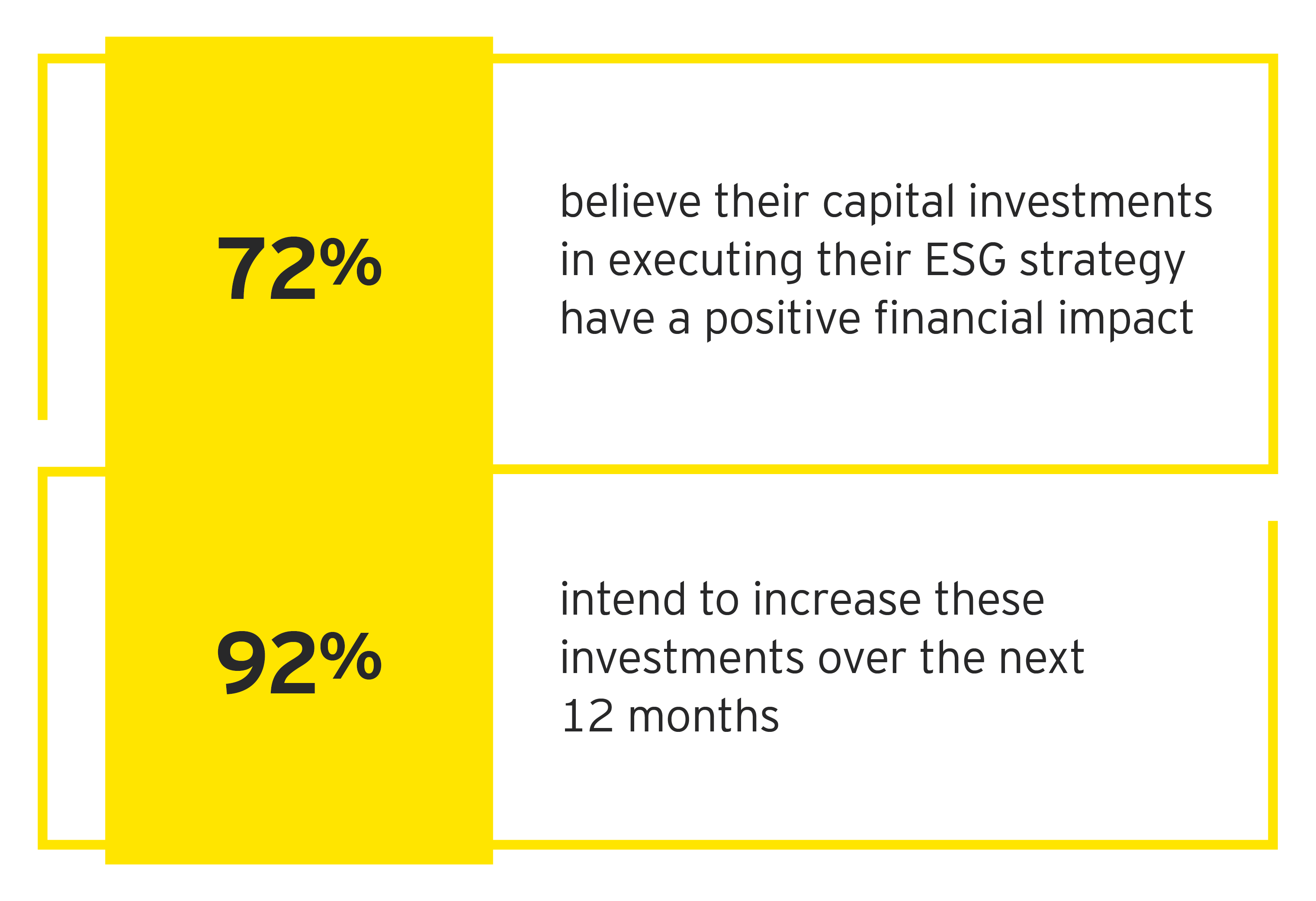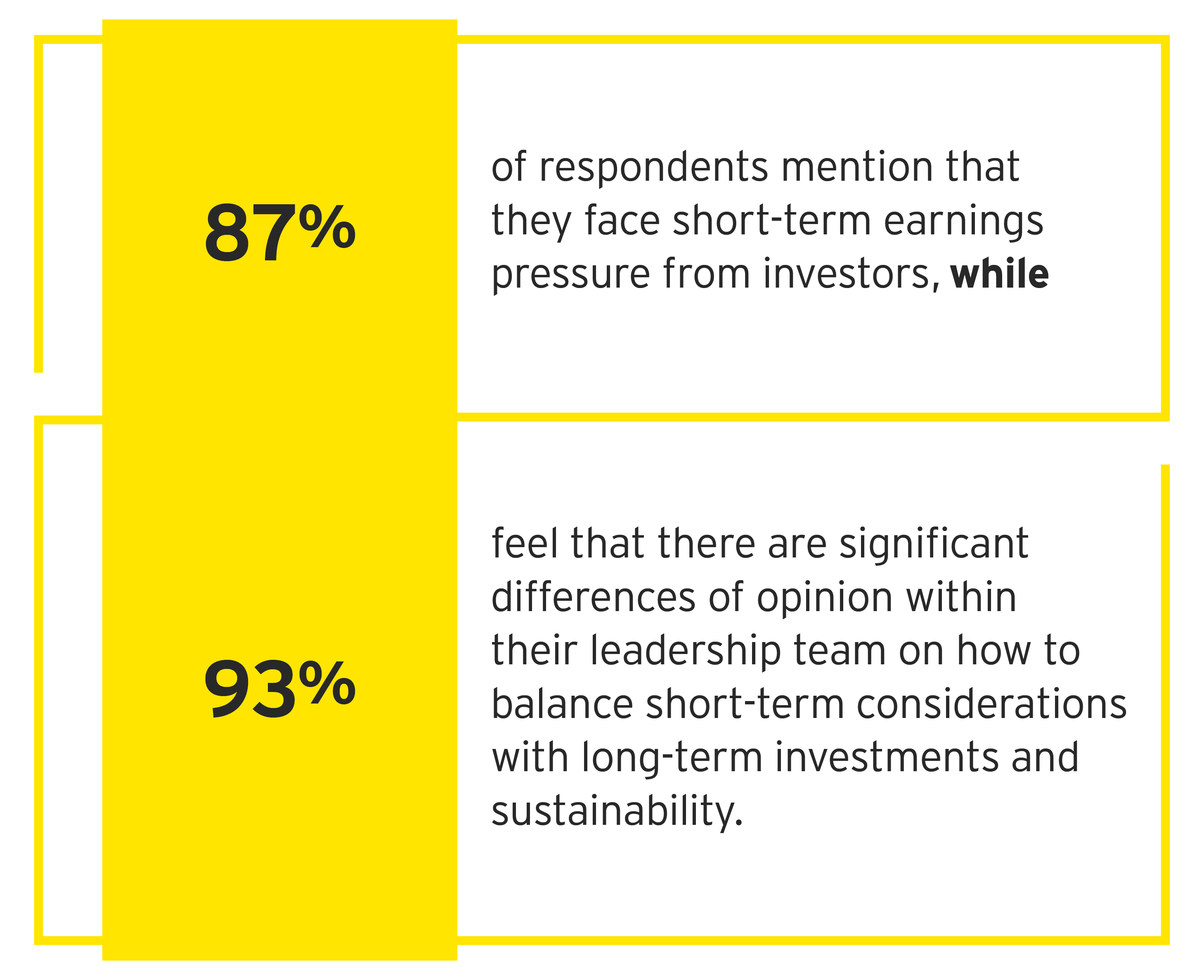Effective corporate governance is essential for the promotion of sustainability by Greek companies.
The formulation of policies to address climate change is primarily the responsibility of national governments, which design and implement regulations to encourage sustainable practices, provide incentives, enforce stringent environmental standards, and enter into international agreements. However, the implementation of these policies and making meaningful progress largely depend on businesses, which are called to take up the most critical initiatives, by drastically changing the way they operate to improve their environmental footprint.
Companies should switch to renewable energy sources, improve energy efficiency, reduce greenhouse gas emissions and waste, while investing in innovation. At the same time, they should leverage their relationship with consumers to educate them on the importance of sustainable choices and encourage responsible consumption.
As the EY Long-Term Value and Corporate Governance Survey Greece 2023 shows, the promotion of value-led sustainability depends, to a great extent, on effective corporate governance.
Value-led sustainability
Our recent report, EY Sustainable Value Study Greece 2023, published in July 2023, has confirmed that businesses that take decisive climate action, do not just create more value for the planet and various stakeholders - including, among others, the society, customers, and employees - but also capture greater financial value for themselves. Companies’ green transition can lead to medium-term improvement in their revenues, by analyzing new societal needs, reducing operating costs through the use of new and less energy-intensive products and equipment, as well as reducing operational risks.
EY describes this mechanism as "value-led sustainability"; that is, sustainability resulting from policies designed with the goal of creating value for everyone – society, the planet and business. It is noteworthy that, according to the EY Sustainable Value Study Greece 2023, 45% of the respondents in Greece and 69% in Europe believe they have captured greater financial value from their climate initiatives than expected.
The EY Long-Term Value and Corporate Governance Survey Greece 2023, which recorded the views of 100 top executives and members of the boards of directors (BoD) of Greek companies, also confirms this optimistic outlook. Seventy-two percent of respondents state that the capital investments they have made so far in executing their ESG strategy have delivered positive financial impact, reflected in their revenues or profits. An impressive 92%, indicate that they intend to increase these investments over the next 12 months.




